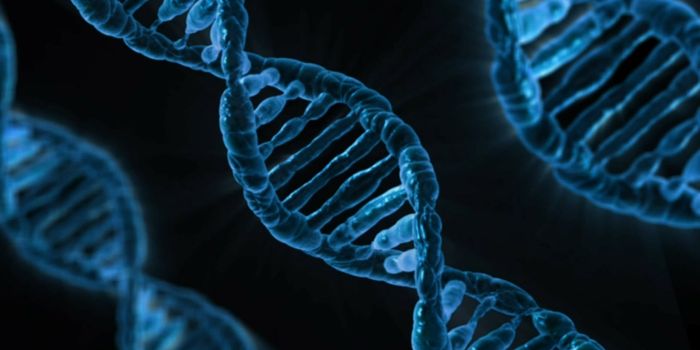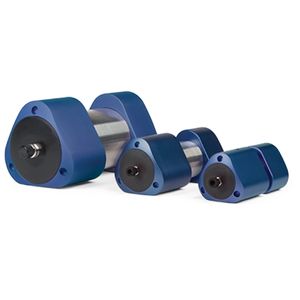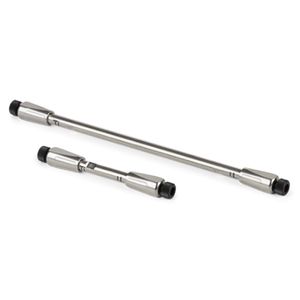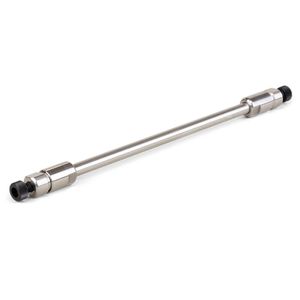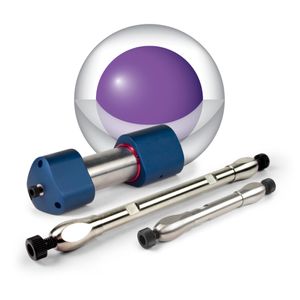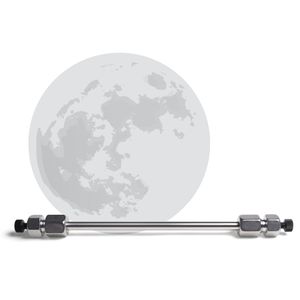The acoustic properties of a cell can give away its identity, revealing to researchers whether the cell is cancer or normal. That is the premise behind the
new research by a team of researchers at Lund University in Sweden and the Massachusetts Institute of Technology (MIT).
By applying an ultrasound technique to flowing cells, the research team reported different cells in blood can be matched to unique acoustic properties. They termed this method “iso-acoustic focusing” (ICF).
"It may seem odd that we are interested in the acoustic properties of blood cells and cancer cells. But we have been searching for new methods to separate cells in order to study them in more detail," said Per Augustsson, researcher at the Lund University, and first study author.
The aim to isolate cancer cells from blood is not new since the discovery of circulating tumor cells in blood. But the race has been on to find reliable ways by which to detect and measure these abnormal cells. And Augustsson’s team thinks acoustics is the key.
For their experiment, they forced cell solutions through a micro-channel inside a chip. Ultrasound exposure separates the cells in its acoustic field, and the team can then study the lateral movements of the cells. These telltale acoustic properties could be unique to the cells and serve to identify the type of cells that pass through the channel.
"Since we are looking for individual cells in a blood sample which contains billions of cells, the smallest overlap in size between the cancer cell and other blood cells will lead to thousands of blood cells 'contaminating' the cancer cells extracted through the separation. This is why we have now developed iso-acoustic focusing," says Per Augustsson.
In applying the ICF method to white blood cells, the team reported different acoustic properties between the different white blood cell subgroups. In addition, they noted cancer cells cultured in lab express different acoustic properties than healthy cells obtained from donors.
The team hopes this technique will enable reliable detection and diagnosis of cancer cells from blood. Current strategies of size selection are limited in potential and often lead to false results. As such, the team is conducting several follow-up studies to further validate the potential of ICF as a cancer diagnostic tool.
"The vision is that our innovation will eventually be used in healthcare facilities, for example, to count and distinguish different types of cells in patients' blood," said Per Augustsson.
Additional source:
Lund University news release



